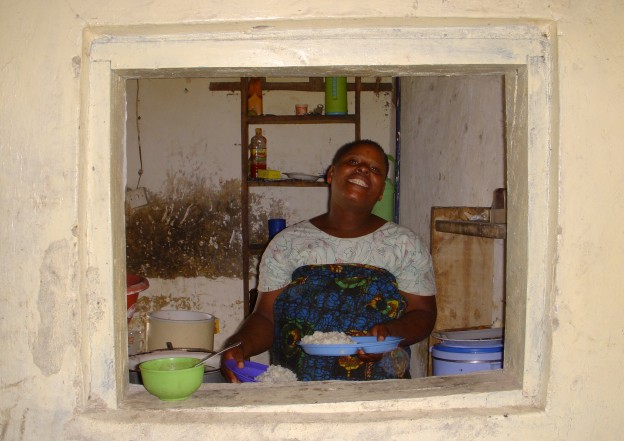Recognising the role of women in strengthening food and nutrition security
As International Women’s Day gives the centre an opportunity to reflect on the role of women in agricultural research for development, Project Officer and PhD student, Dr Julia De Bruyn, describes approaching gender in an AIFSRC project
AIFSRC project “Strengthening food and nutrition security through family poultry and crop integration in Tanzania and Zambia” is entering its second year. The project is a response to chronically high rates of undernutrition in sub-Saharan Africa.
This project acknowledges the role of women as the primary caretakers of children, and as key decision-makers about household diets and food preparation. There is much evidence to show that women are more likely than men to invest in their children’s health, nutrition and education. By introducing community-based vaccination programs against Newcastle disease, it is hoped that lower mortalities and increased production amongst village chickens (traditionally one of the few livestock owned by women) will have an impact on the nutrition of household-members – particularly young children.
In late 2014, the project team conducted a farming systems analysis in our first project site. Plans are underway for the implementation of various crop interventions to address factors limiting the availability of indigenous vegetables and more nutritious grains, such as millet and sorghum, for inclusion in local diets.
Women are key players in our activities and gender is considered in all activities. Gender analysis is carried out as a baseline in each project site, and assessed every year during the project. Gender-sensitive research methodology includes questionnaires which target equal numbers of male and female respondents, focus groups separated according to gender, and the use of both male and female interviewers. Training and extension material and the monitoring and evaluation system in place are also gender-sensitive, allowing the identification of specific male and female needs. Equal representation has been sought for the roles of “community vaccinators”(local people trained to conduct vaccination campaigns). Ms Wende Maulaga, Country Coordinator for the project in Tanzania, is soon to attend a communications Master Class in Nairobi, organised and funded by The Crawford Fund. Dr Hilda Lumbwe, Country Coordinator in Zambia, continues to lead preparations for the commencement of data collection and vaccinator-training in the coming months.
Throughout the world, the work of women underpins crucial agricultural endeavours – yet women are more likely to be malnourished than men, have less access to nutritious food than men, and are underrepresented in agricultural research and as beneficiaries of agricultural development. Recognising that women are in a unique position to improve nutrition, our project is making a concerted effort to turn these statistics around.

